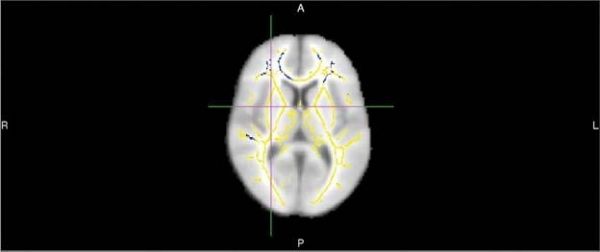MRI brain scans perform better than common clinical tests at predicting which people will go on to develop Alzheimer’s disease, according to a study being presented at RSNA 2018.
“Alzheimer’s disease is the most common cause of dementia in the world and is expected to increase globally, and especially in the U.S., as the population gets older,” said the study’s lead author Cyrus A. Raji, MD, PhD, assistant professor of radiology at the Mallinckrodt Institute of Radiology at Washington University School of Medicine in St. Louis. “As we develop new drug therapies and study them in trials, we need to identify individuals who will benefit from these drugs earlier in the course of the disease.”
Common predictive models like standardized questionnaires used to measure cognition and tests for the APOE4 gene have limitations and—with accuracy rates of about 70-71 percent—fail to identify many people who go on to develop the disease.MRI exams of the brain using diffusion tensor imaging (DTI) are a promising option for analysis of dementia risk. DTI provides different metrics of white matter integrity, including fractional anisotropy (FA).
“With DTI you look at the movement of water molecules along white matter tracts, the telephone cables of brain,” Dr. Raji said. “When these tracts are not well connected, cognitive problems can result.”
Read more at Radiological Society of North America
Image: This image shows areas of reduced fractional anisotropy -- a diffusion MR imaging marker of white matter damage -- in 20 persons who develop Alzheimer's dementia compared to 20 who remain cognitively normal. These areas show up as blue-colored voxel overlaid onto a white matter skeleton (yellow colors) overlaid onto a standard template brain. (Credit: Radiological Society of North America)


